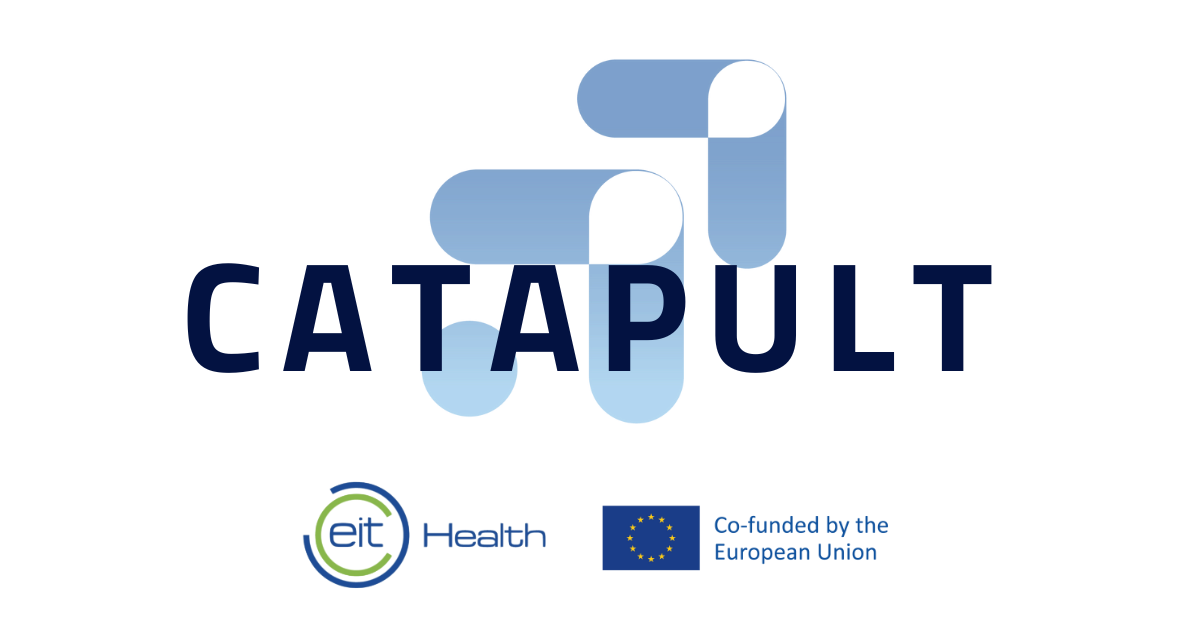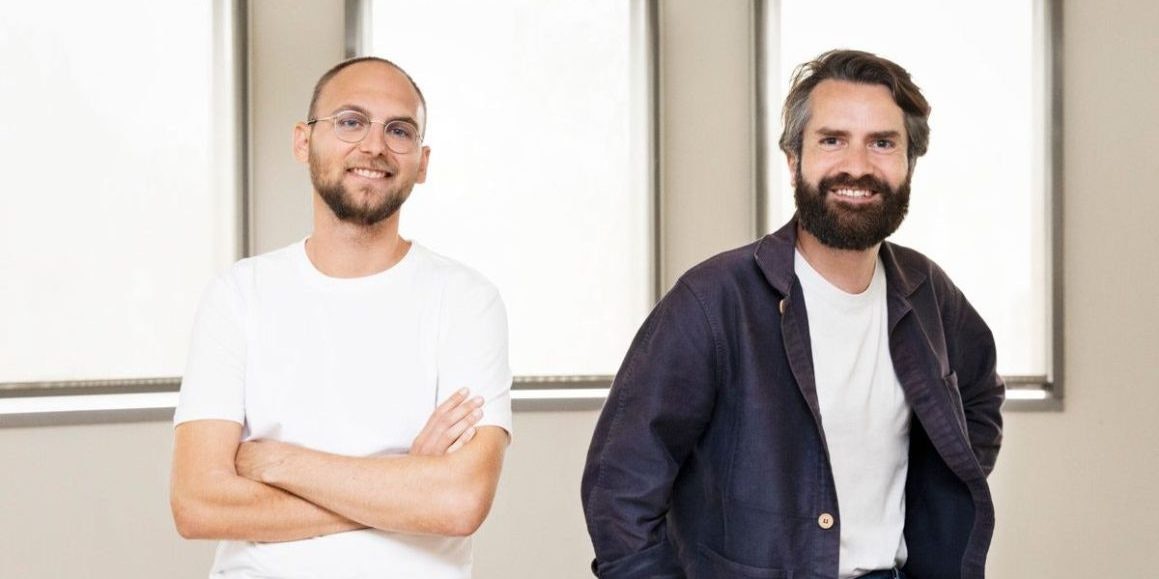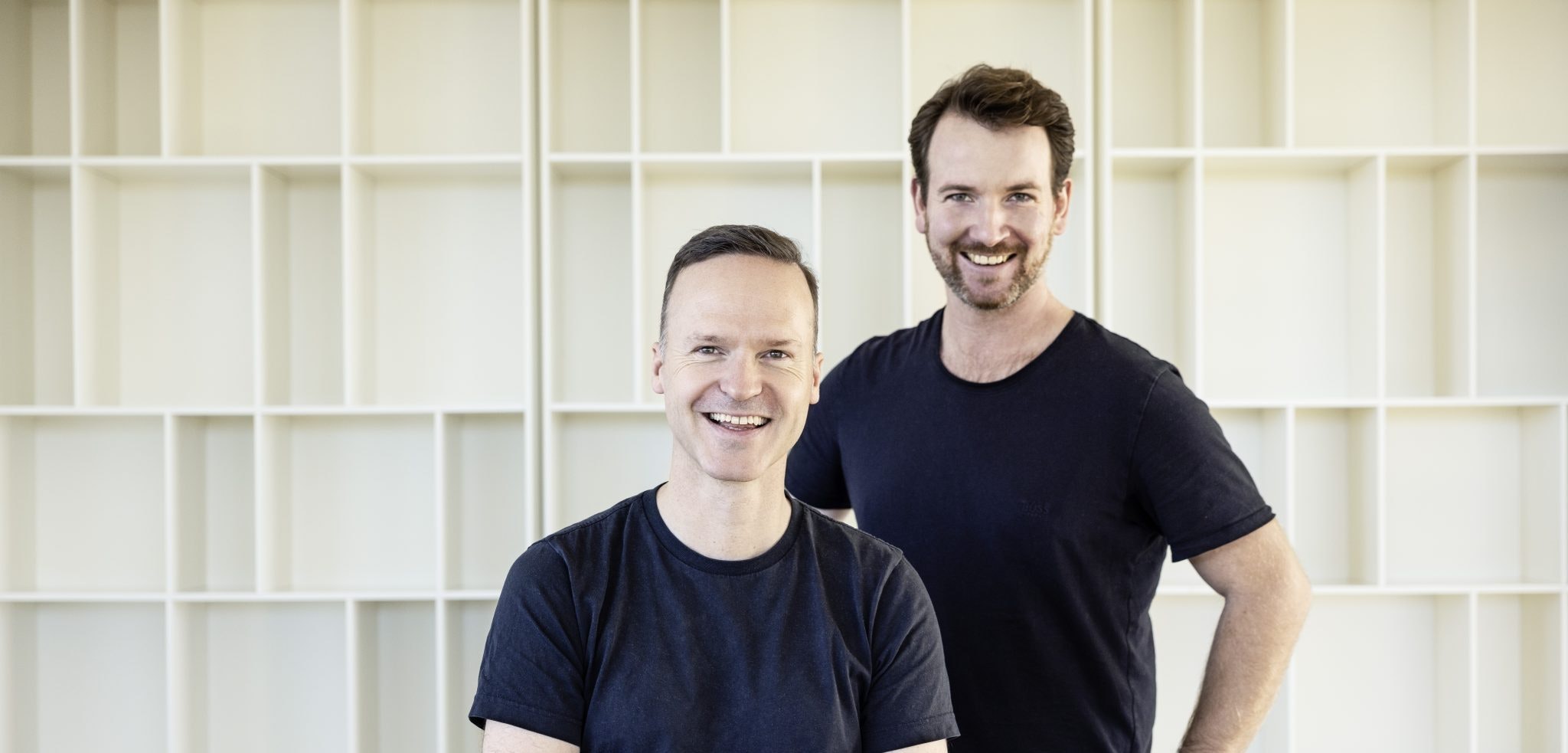VCs are still pouring money into healthtech — €2bn was raised in seed and pre-seed funding alone in 2022. It’s a sign the sector is maturing, even though investment in European healthtechs is down 42% this year compared with the frothy days of 2021, according to Dealroom.
Resilience aside, the market has also been shifting considerably since the pandemic, with new trends such as AI in healthcare, personalisation, remote healthcare, telemedicine and wearables changing the way that medical practitioners, healthcare institutions and startups work.
So how are these new trends defining Europe’s healthtech sector — and which emerging startups are capitalising on it? Here are five healthtechs that are going strong, with the help of initiatives such as EIT Health Catapult, an intensive training programme and competition that showcases the best biotech, medtech and digital health concepts from across Europe.
1/ Detecting strokes with AI
One of the leading causes of death, 15m people worldwide suffer a stroke every year, according to the World Health Organisation.
A Barcelona-based startup (and EIT Health Catapult’s 2020 winner in the digital health category) aiming to provide early detection of acute stroke (AS) using AI, Methinks recently received the CE marking (indicating that a product meets the EU safety, health and environmental protection requirements, which then allows commercialisation in Europe) for its medical imaging software. Methinks is also expecting FDA approval for expansion in the US in the near future.
“If you're able to detect stroke earlier, it can significantly reduce the time taken to get treatment — and there’s a strong correlation between this and the outcome of patients. So this can save thousands of lives and reduce disability worldwide, and have a huge impact in healthcare,” says Pau Rodríguez, CEO of Methinks AI.
If you're able to detect stroke earlier, it can significantly reduce the time taken to get treatment
The market for AI in healthcare is forecast to top $20bn in 2023. Rodríguez says that at Methinks, the focus is on taking advantage of AI to make treatments available to everybody and tailoring treatments to the unique needs of patients.
2/ Measuring blood, without blood
Remote healthcare grew during the pandemic and has remained a key trend in the sector in 2023, as the cost of in-person healthcare rises and the ongoing shortages of medical practitioners worsens.
Leuko, a Boston and Madrid-based healthtech startup (and EIT Catapult’s 2021 medtech winner), is developing a device that allows patients to measure their white blood cell levels at home without drawing blood samples. Patients simply have to place their finger on an internet-connected device for 60 seconds to get accurate measurements.
“We’re increasingly seeing a shift to remote patient monitoring as opposed to more direct monitoring by medical personnel,” says Aurelien Bourquard, cofounder of Leuko.
The startup raised a Series A of $5m in 2022, which it’s using to accelerate clinical trials in collaboration with leading cancer centres in Europe and the US.
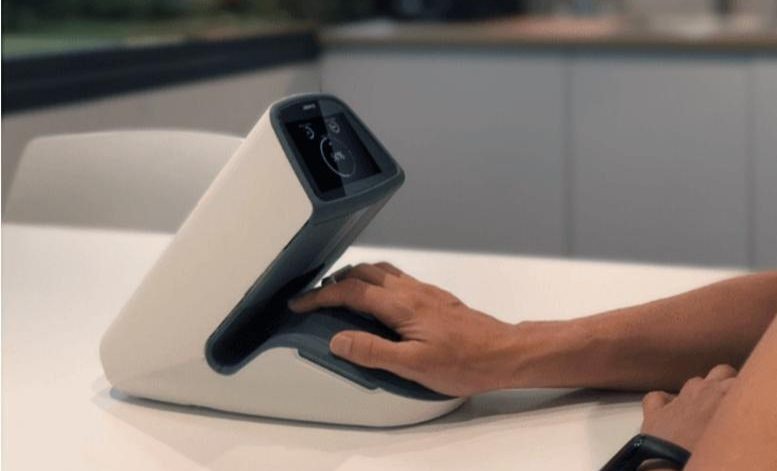
3/ Filtering blood as treatment
A London-based startup and an EIT Health Catapult finalist this year, MediSieve, has developed magnetic blood filtration, a device that allows direct removal of specific substances — such as pathogens, harmful cells, bacteria and toxins — from the bloodstream of patients.
Using a combination of different magnetic beads, the device aims to treat blood-borne diseases, hyperinflammation conditions such as Covid-19 and medical emergencies caused by extreme reactions to infections.
The startup has raised a total funding of $10.6m, and the product is currently undergoing clinical trials.
4/ Portable monitoring of strokes
Another startup — and an EIT Health Catapult finalist this year — aiming to improve the diagnosis and treatment of strokes, Time Is Brain has developed a portable medical device for early detection and allows doctors to adjust therapeutic decisions for each patient.
The device — which is yet to receive the CE marking — enables real-time monitoring of brain viability right from the time of stroke onset and during the entire patient journey.
We focus on supporting startups in different aspects from fundraising to achieving quicker clinical trials, thereby accelerating the process of commercialising and getting the product to the market
The Spain-based startup received €2.5m from the European Innovation Council (EIC), after taking part in the EIT Health Catapult accelerator programme in 2022. It will use the funding to start industrialising, obtain the CE mark and commercialise their product.
“We focus on supporting startups in different aspects from fundraising to achieving quicker clinical trials, thereby accelerating the process of commercialising and getting the product to the market,” says Anna Badurska, head of programme at EIT Health Catapult.
5/ Liquid ventilators for critical care
Orixha, an EIT Catapult finalist in 2021 in the medtech category, is a French startup with a transatlantic team developing liquid ventilators for patients in critical care. Founded in 2018, the startup received €2.5m in grant funding from EIC and aims to enable ultra-fast cooling of patients in critical care after cardiac arrest.
Fabrice Paublant, cofounder of Orixha, says that the technology is set to be used in clinics in Brussels and Paris starting early next year. The startup is currently raising a Series A fund of €11m.
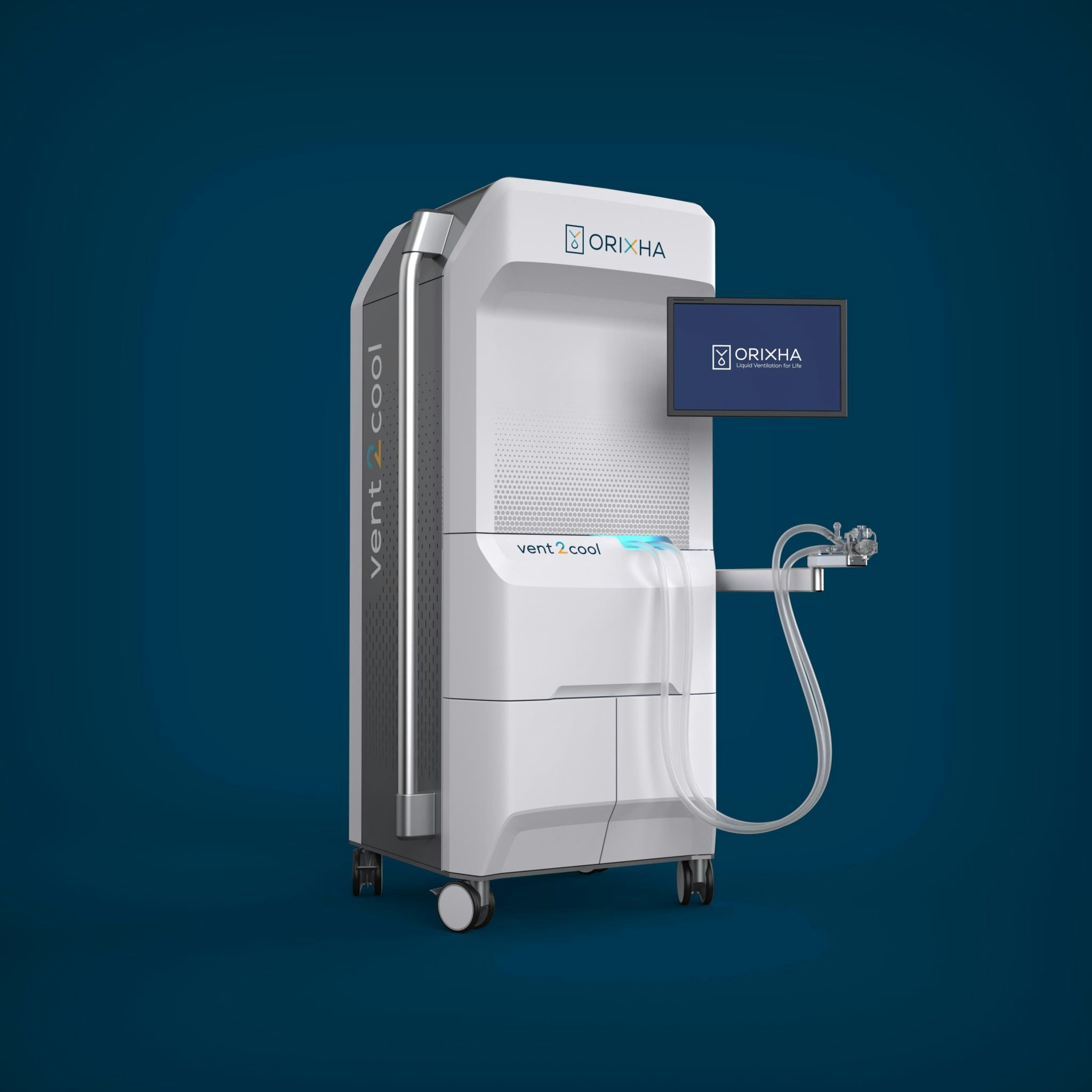
“The pandemic stressed the fact that we need to reinforce more means and techniques into the hands of emergency medicine, critical care and intensive care,” Paublant says.
“Let’s not forget that sometime’s medicine is really a question of life and death, and this is where critical care or intensive care units come in — and our resolve is to save lives in critical care.”
Don’t miss the deadline to apply to the Catapult programme by May 2.
